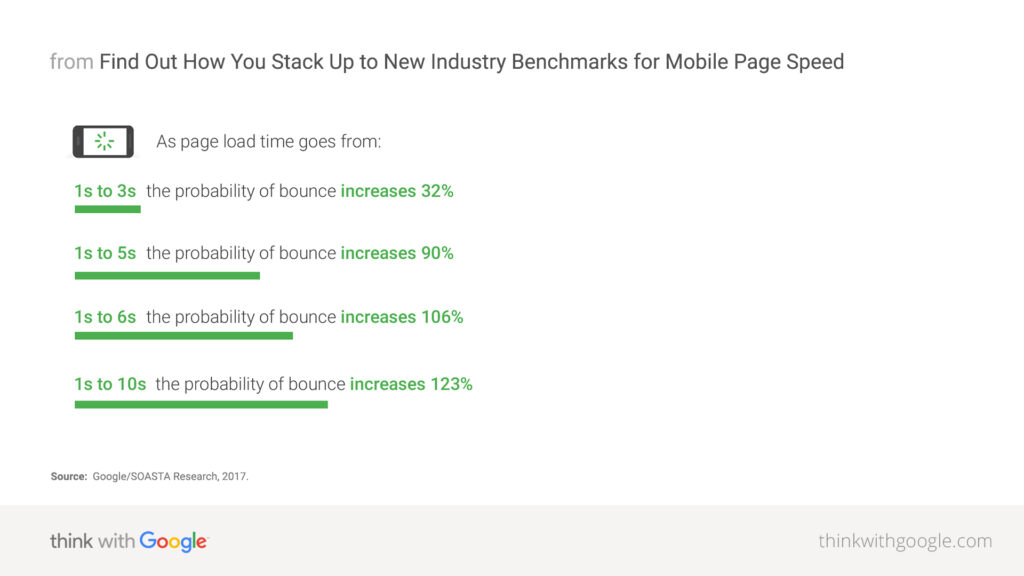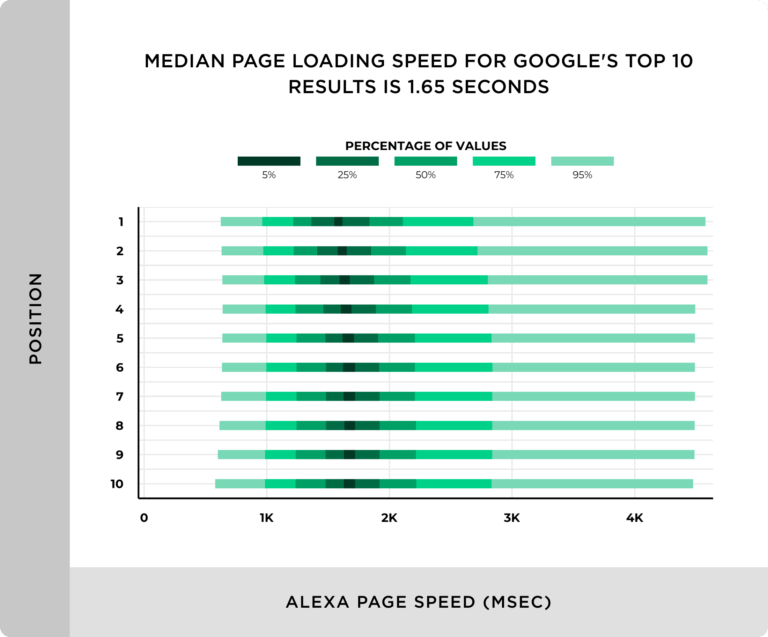Your website is the foundation of your online business operations. It’s how customers find you, get to know you, and purchase from you. That is why everything about your site, from design to content to functionality, has to be on point at all times.
It’s not cute or sexy, so you can’t Instagram it – but you absolutely need it. So let’s discuss the most neglected aspect of doing business online: website maintenance.
Here’s what we’ll cover:
- What is website maintenance, really?
- Why is website maintenance important, especially for a small business?
- How do you choose the right website management company?
Want to get more traffic, avoid downtime, and protect your customers’ data? Let’s go.
What does “Website Maintenance” really mean?
Website maintenance is the process of making sure that a website is:
- Working hard for your business,
- Up to date, and
- Protected.
It can be done in-house by the website owner or an employee, a contracted professional, or a website maintenance company.
Why Is Website Maintenance Important for Small Business?
Website maintenance has three key benefits for your business:
- It makes your website faster.
- It will help you rank higher with Google
- You’ll be better protected against cyber threats.
Let’s take a closer look.
Improved Site Speed
No one likes slow websites. They’re frustrating, so we leave.
According to Backlinko’s research, the average loading speed for a website is:
- 10.3 seconds (desktop).
- 27.4 seconds (mobile).
Meanwhile, according to Google’s research, loading speed has a huge effect on bounce rates (the percentage of people who visit your website, view a single page, then leave):

This suggests that online businesses leave a lot of money on the table by having slow websites.
Performing regular maintenance on your website helps you increase your website speed so you can make more money.
Increase in Search Engine Traffic
Backlinko did an extensive study of Google search results.
They found that the average page loading speed for a first-page search result was 1.65 seconds.

Surprisingly, they found no direct correlation between page loading speed and search rankings. However, they still concluded that the algorithm downranks slow pages and favors lighting fast ones.
It appears that if you want to rank on the first page of Google, especially in the top three search results, you need to make sure your web pages load fast. (Check out more search engine optimization tips for ranking better.)
Better Protection From Cyber Threats
There are plenty of hackers out there who would love to steal your customer data and then sell it on the black market. This is especially true if your website requires a login because most people use the same password across multiple sites.
That means that stealing customer passwords from your website might also give the hackers access to their email, social media, and shopping accounts. A security breach like that can destroy a company’s reputation.

That’s why it’s so important to take cybersecurity seriously and make sure that your website is protected.
What Are the Key Elements of a Solid Website Maintenance Strategy?
Here are the essential elements of a solid website maintenance strategy:
24/7 Monitoring
The website should be monitored 24/7 and the website owner should be alerted immediately when something goes wrong.
Regular Backups
The website data should be backed up regularly so that it could be quickly restored if the primary copy becomes unavailable for some reason.
Cyber Threat Protection
The website should be regularly checked for vulnerabilities, updated according to the latest cybersecurity practices, and monitored for cyber attack attempts.
Content Updates
Content should be regularly updated according to the latest search engine optimization practices.
Emergency Management
There should be a plan in place for what to do in an emergency.
For example, if one of your blog posts goes viral, the sudden spike in traffic might crash your website. It’s important to have processes in place for dealing with situations like that as quickly as possible.
Maintenance: DIY vs. Hiring a Contractor vs. Website Care Plan
There are three website maintenance options:
- Doing it yourself allows you to save money, but it requires technical expertise and is time-consuming.
- Hiring someone to do it for you means that you don’t have to worry about it yourself, but web developers are expensive, even if you only hire them part-time.
- A website care plan also means that you don’t have to worry about it yourself and it costs significantly less than hiring an employee. The downside is that they aren’t completely focused on your website the way a full-time employee would be.
Realistically, hiring a part-time or a full-time developer is out of the question for most small businesses because it is so expensive. That leaves you with two options: take care of website maintenance yourself or sign up for a website maintenance plan with a company of your choice.
Should You Invest in a Website Maintenance Plan?
Here are the most important questions that you need to ask yourself when deciding on whether or not you should work with a website management company:
- Do you regularly backup your data?
- Do you regularly update your WordPress theme and plugins?
- Do you have a security plugin installed on your website?
- Can you spot a cyber attack in progress?
- Do you have a plan for dealing with emergencies?
If your answer to ANY of these questions is “No”, then you should definitely consider investing in website maintenance.
It’s also worth noting that even if you can do it yourself, it doesn’t necessarily mean that you should. Time is your most valuable resource. Does spending it on website maintenance make sense?
It’s probably safe to say that most small business owners would get a better return on investment if they spent time on product development, marketing, and sales instead.
How Do You Choose a Website Management Company?
Here are three things that you need to consider when choosing a website maintenance provider:
How Familiar Are They With Your Website Platform?
You want to work with a website management company that specializes in the platform that you are using for your website. For example, if you are using WordPress, then you want a company that specializes in WordPress website management.
How Quickly Do They Respond To Service Requests?
When there’s a problem, response speed matters.
For example, if your website is down, you want the website management company to respond immediately. Keep in mind that in this case time really is money because the longer your website remains unavailable, the more revenue you will end up losing.
Do They Treat You Like a Person or Like a Business Account?
Finally, you want to do business with people who see you as a person, not just an account id.
Do they treat you with respect? Do they empathize with you? Do they explain technical things in a way that is easy to understand, but not condescending? These things are important.
Conclusion
Proper website maintenance is essential for the success of your business. You can do it yourself, you can hire a specialist, or you can pay a website management company.
What matters is that it is taken care of. Make a choice and get it done.

